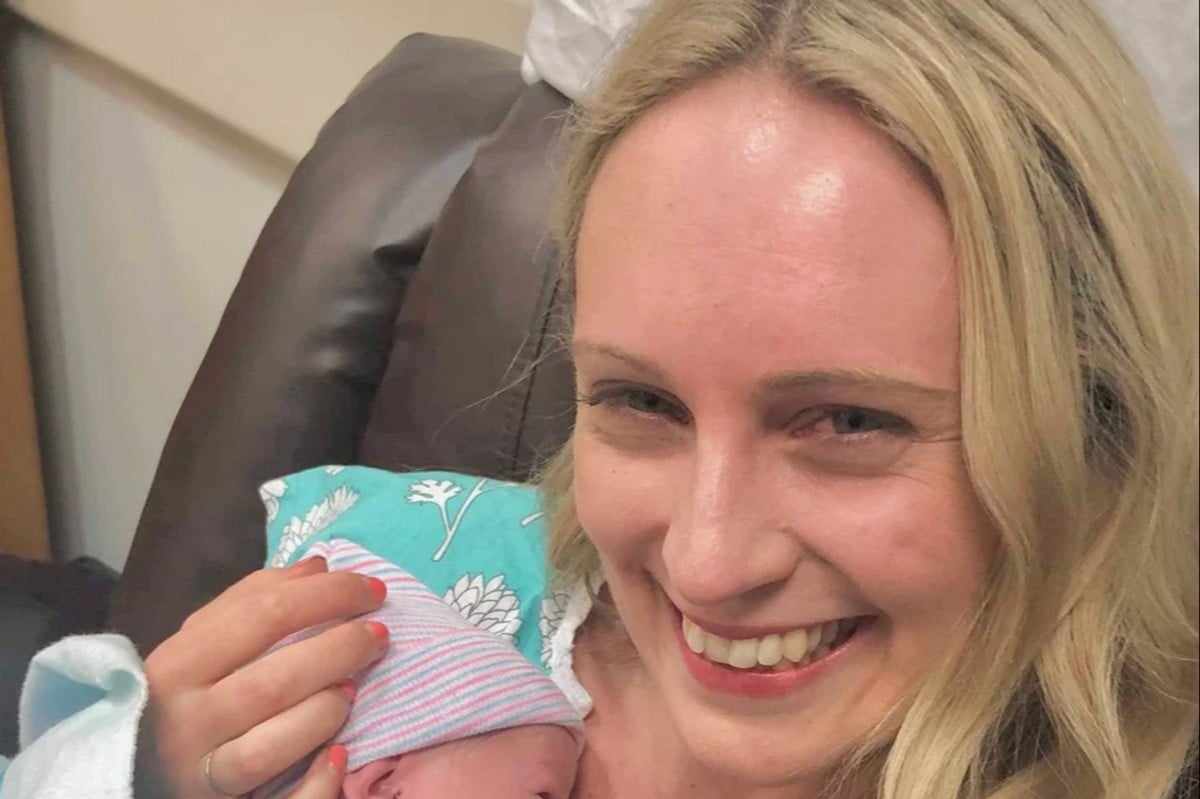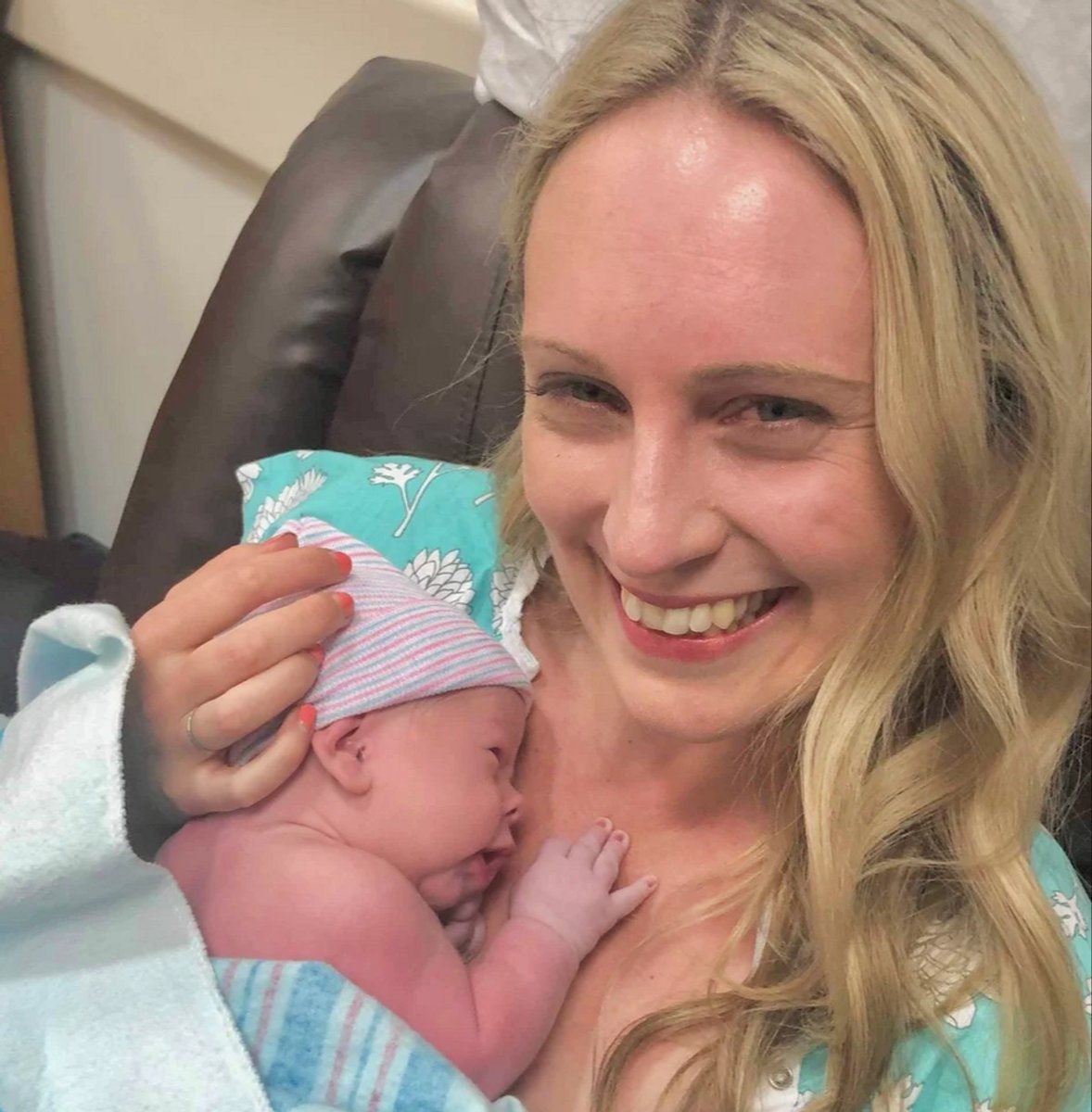
When Kirsten McLennan and her husband Ryan decided to have a baby, they didn't expect it to take six years, three countries, and a third party to get there.
"We were in our early 30s. We had no fertility issues that I was aware of then, and so we just expected it to happen quite quickly," says Kirsten.
But nine months passed with no pregnancy. Confused and frustrated, the couple decided to visit a fertility specialist.
"Ryan had his sperm checked, I had my egg count and quality checked, and everything came back normal."
A subsequent scan revealed Kirsten had polycystic ovaries, which can impact fertility. She was prescribed Clomid, but after three cycles, she was no closer to a pregnancy.
Watch: Nutrionist Lyndi Cohen on losing weight with PCOS. Article continues after the video.
"So we then tried IUI (intrauterine insemination). I did three rounds of IUI, still no pregnancy."
Next came the gruelling process of IVF (in vitro fertilization).
"My first IVF transfer failed, which is quite common for the first transfer."
The second resulted in a "pregnancy of unknown location" — an embryo that had implanted somewhere in Kirsten's body but not in her uterus. It wasn't ectopic, but it wasn't viable either.





























































































